LGBTQIA+ Experiences of Gambling-Related Harms: Conference and Think-Tank Event
It’s Safer Gambling Week – and what better way to deepen our understanding and drive change than by joining an event focused on a group too often overlooked in this conversation.
Academics across the university are warmly invited to a special one-day conference exploring gambling-related harm within LGBTQIA+ communities, taking place Monday 24th November 2025 (9:30am–4.00pm) at the Bournemouth Highcliff Marriott Hotel.
Hosted by Bournemouth University’s Gambling Research Group, this free event brings together researchers, lived experience experts, support organisations, and policymakers to deepen understanding of how gambling harm affects LGBTQIA+ individuals in the UK and globally. The day features new findings from BU, powerful lived experience narratives, international insights, and a collaborative think-tank designed to co-create practical, inclusive solutions.
Highlights include:
- Research presentations and the latest UK data.
- Lived experience panel and Q&A.
- Spotlight talks from Gordon Moody, Ara Recovery For All, Switchboard, Ygam, and more.
- Global perspectives from New Zealand and the USA.
- An interactive think-tank session focused on improving policy and support pathways.
- Lunch and refreshments are provided.
This event forms part of a Bristol Hub for Gambling Harms-funded project led by Dr Reece Bush-Evans, and offers a unique opportunity for academic colleagues to contribute expertise, connect across disciplines, and support impactful, community-informed research.
Register for free:
Eventbrite link: https://www.eventbrite.co.uk/e/lgbtqia-experiences-of-gambling-related-harms-tickets-1795320133849?aff=oddtdtcreator
Registration closes 5.00pm on Friday 21 November.
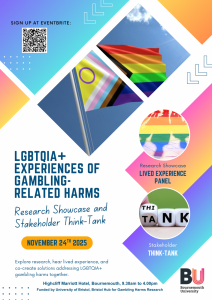
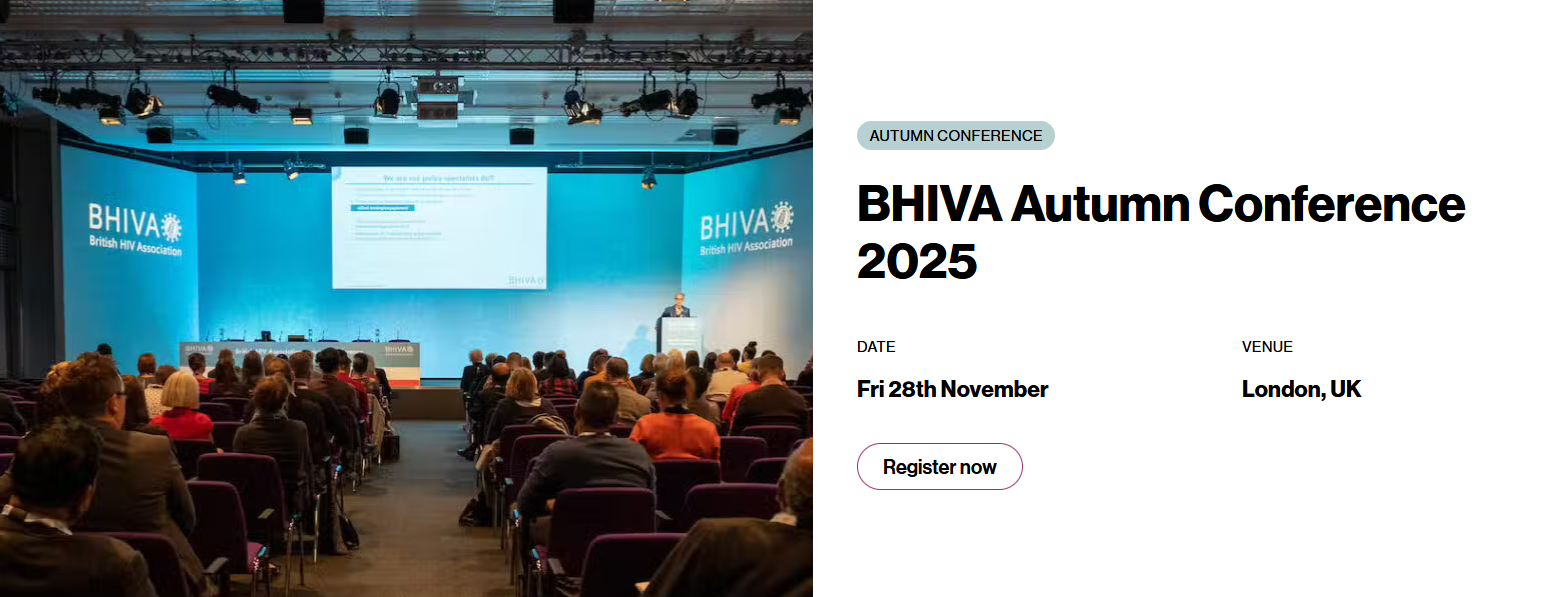


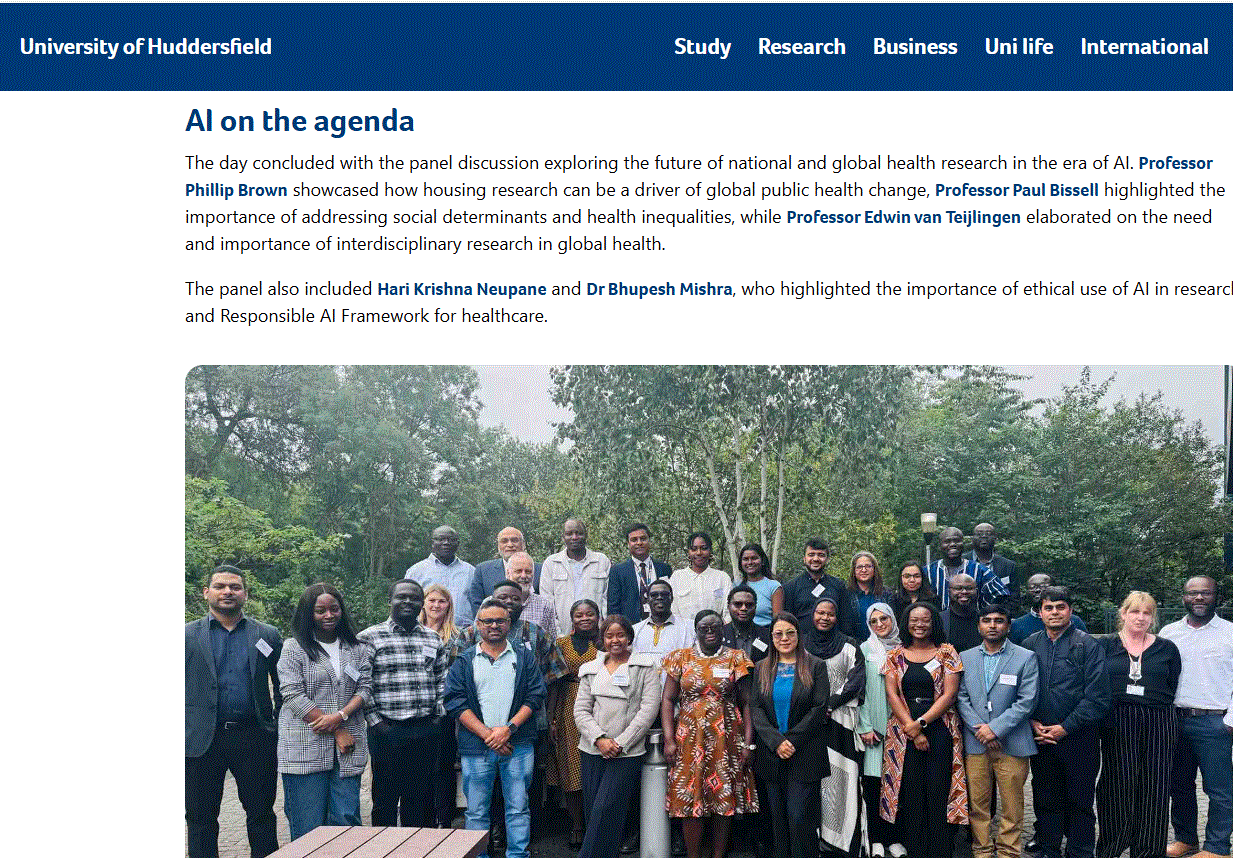
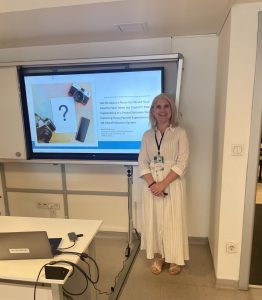
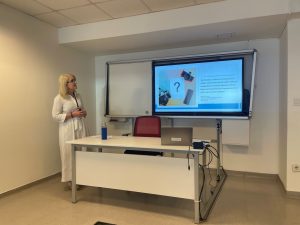
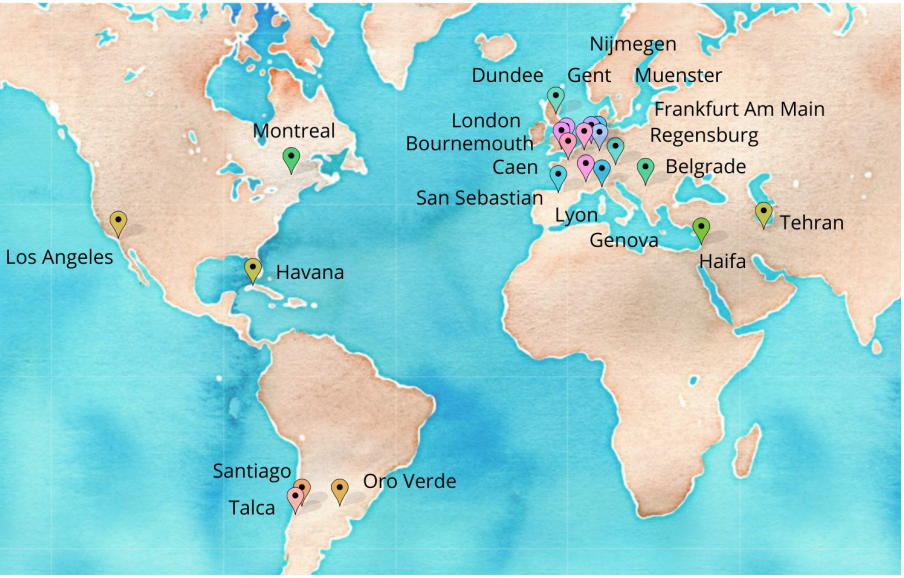


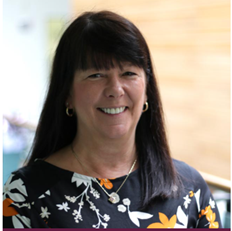







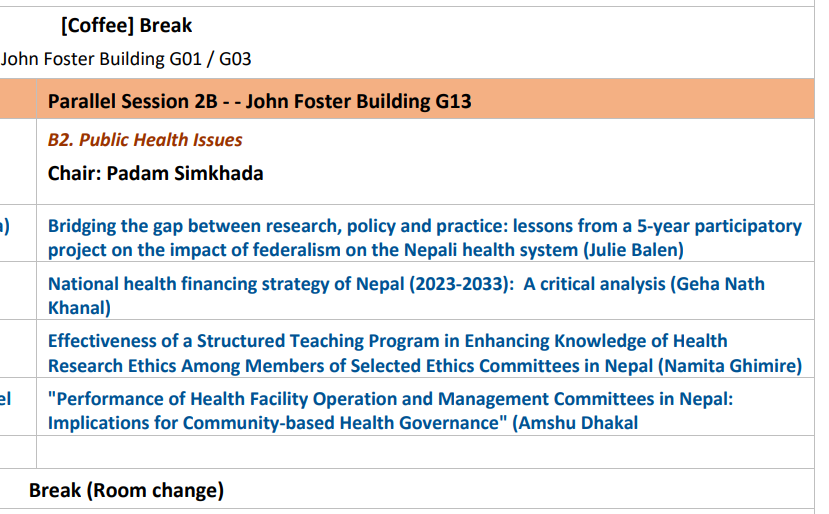

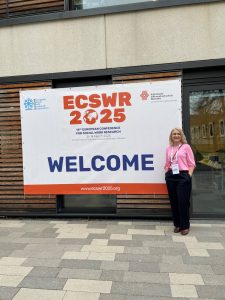
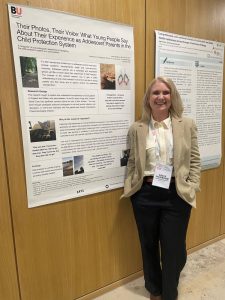
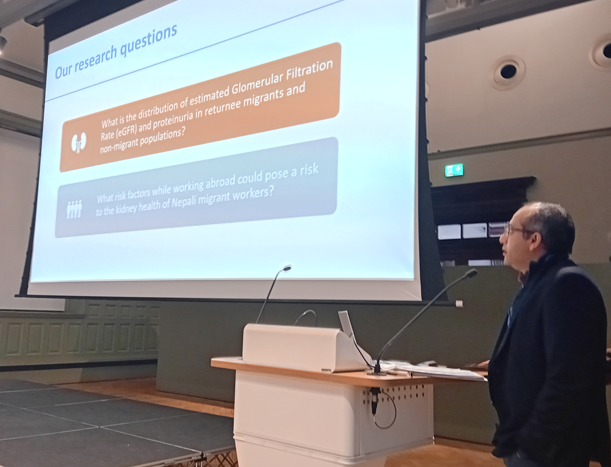
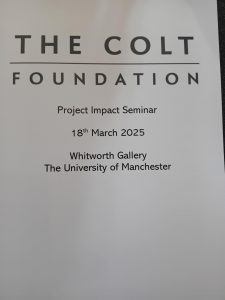
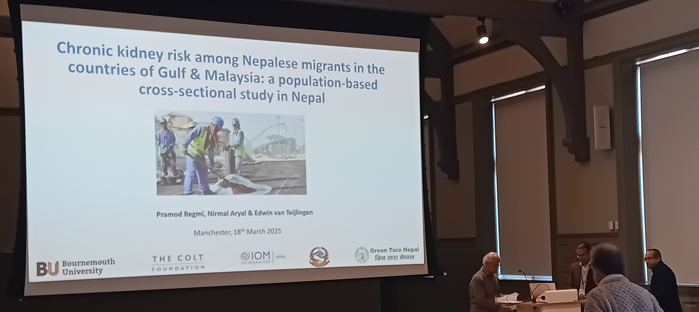


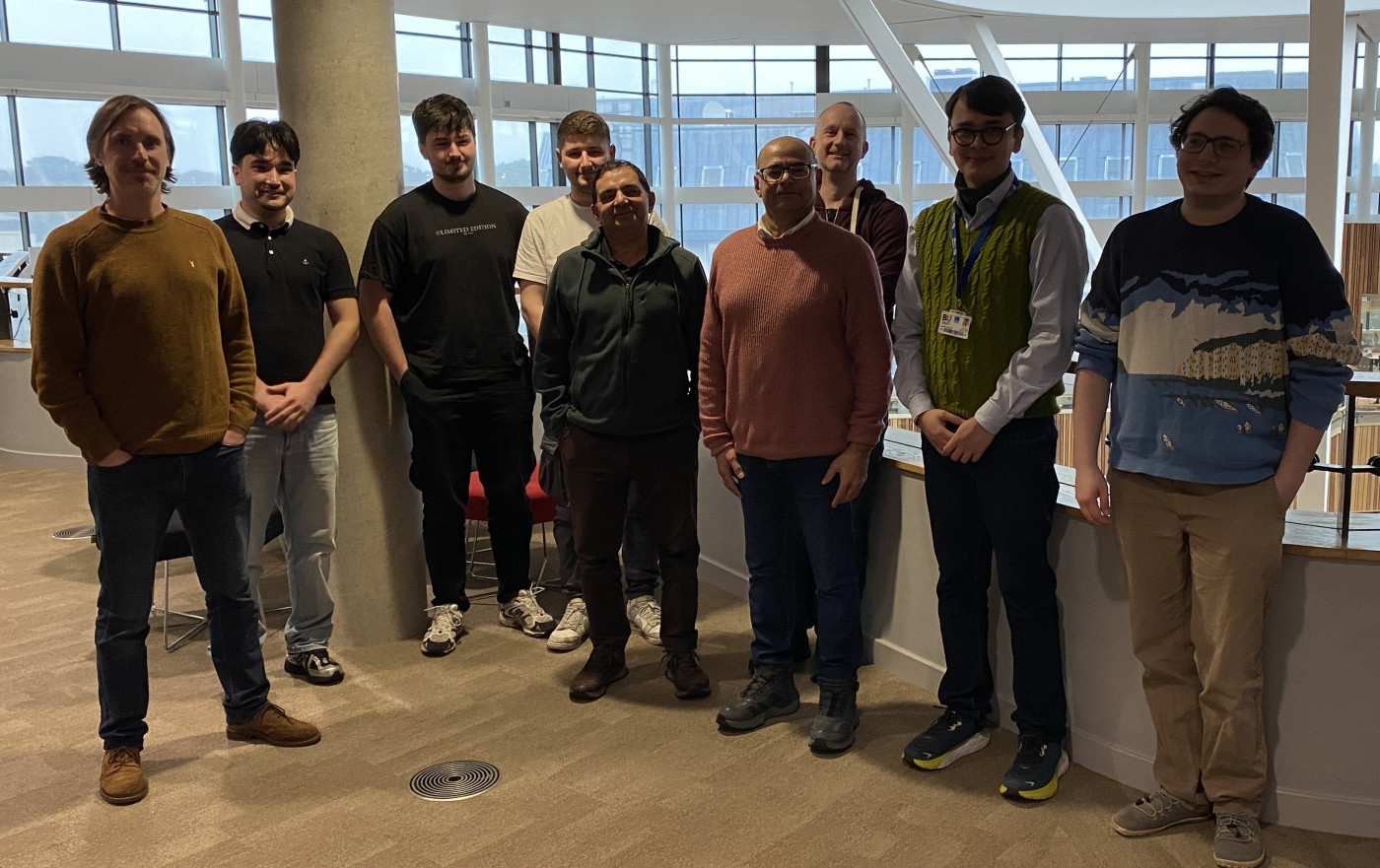
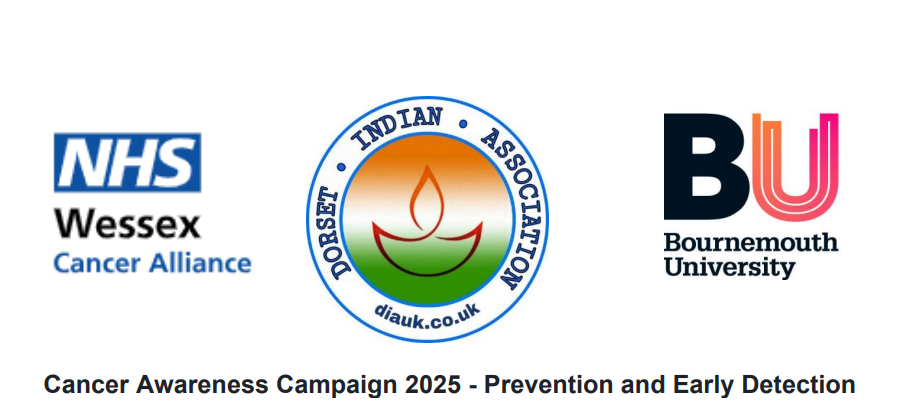
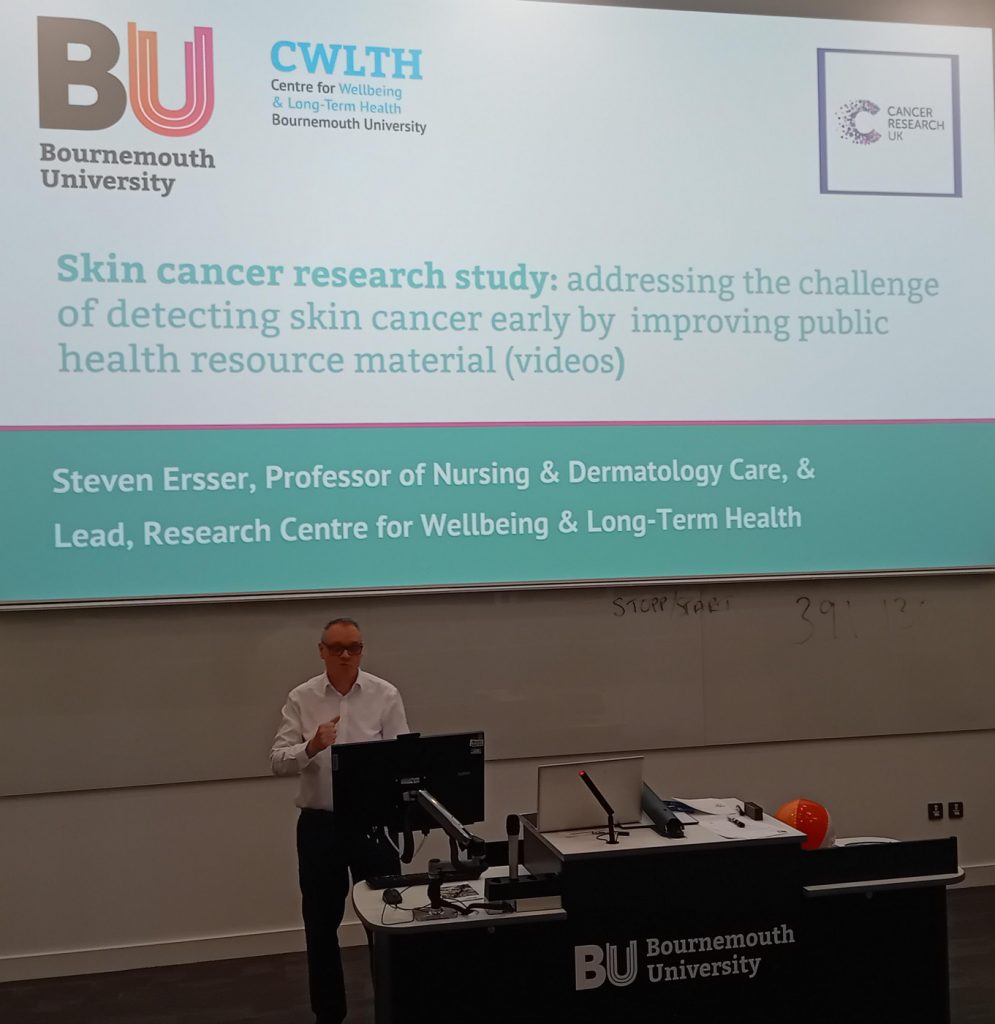
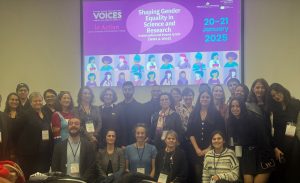
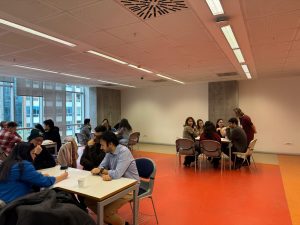
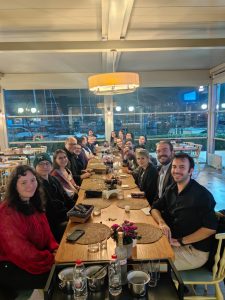
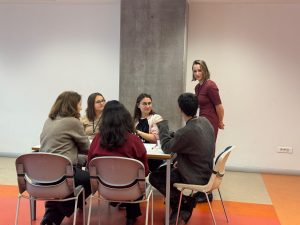
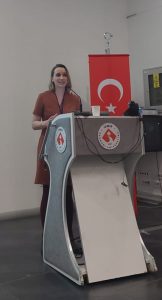
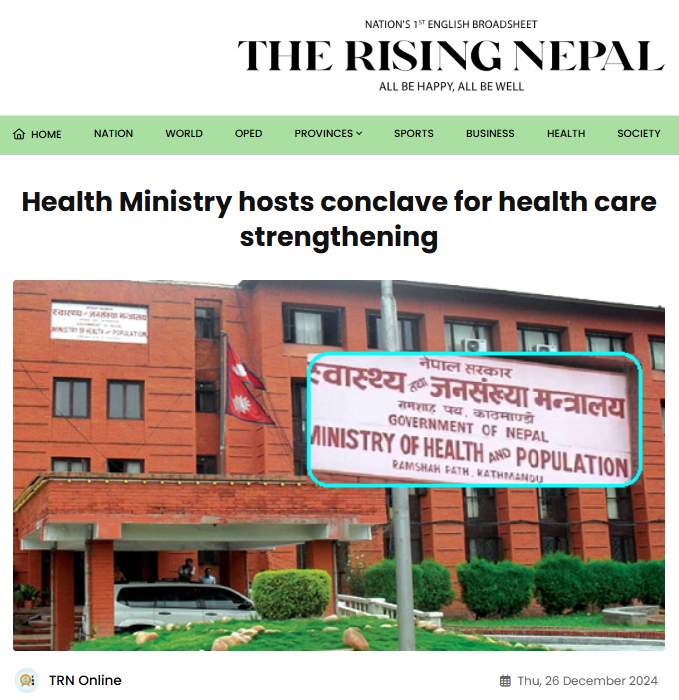
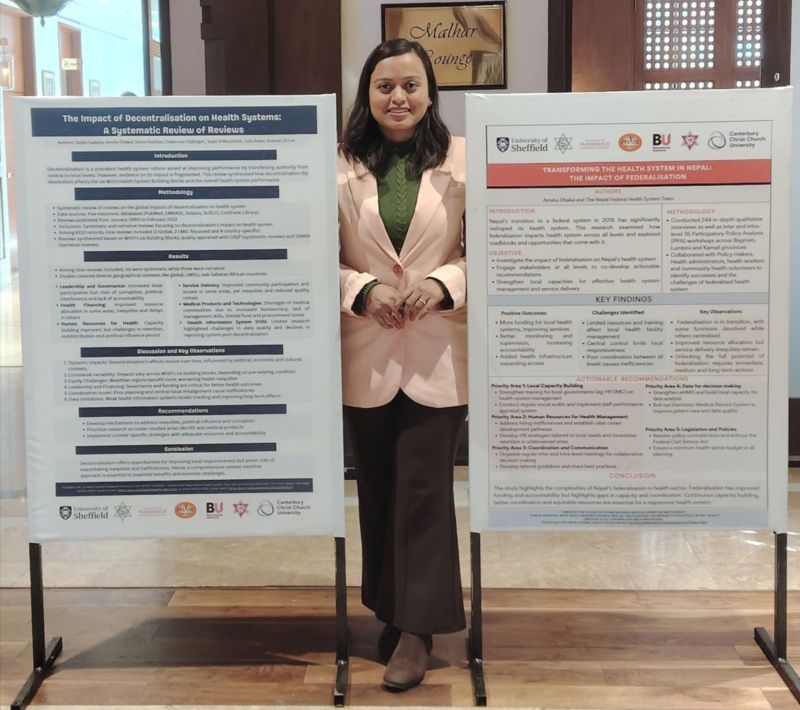
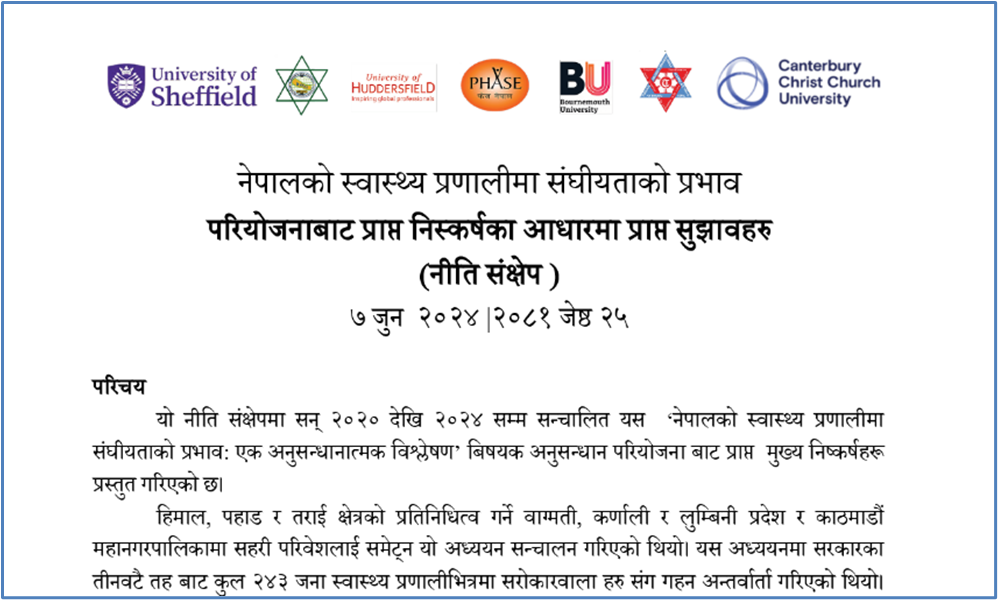
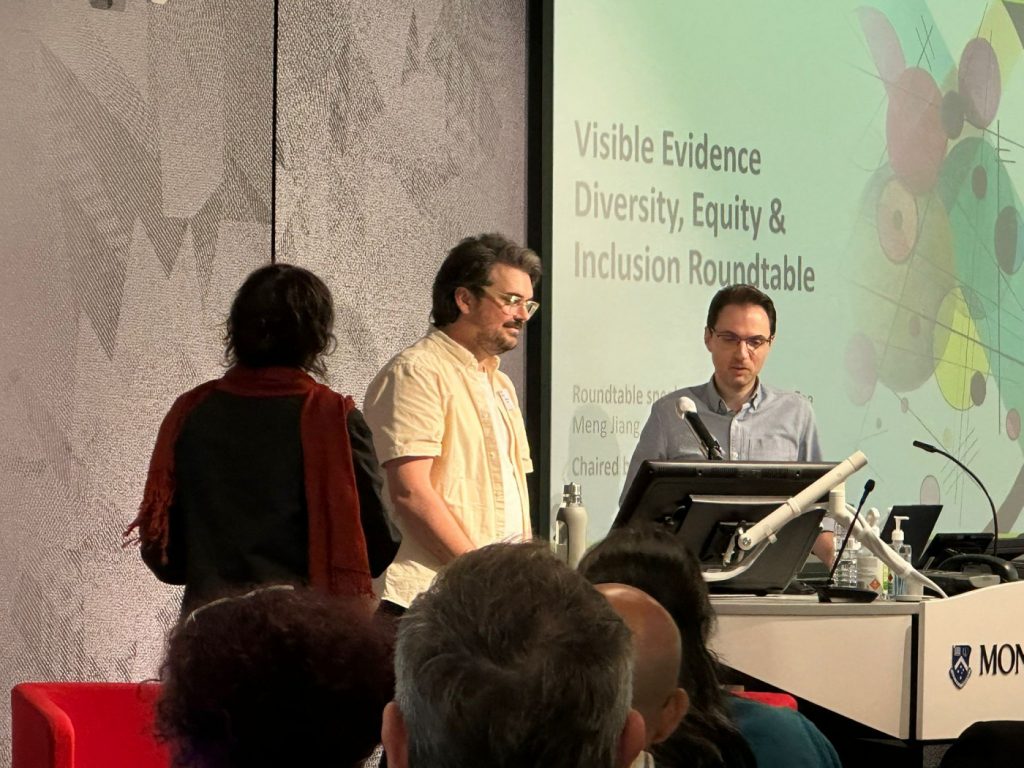
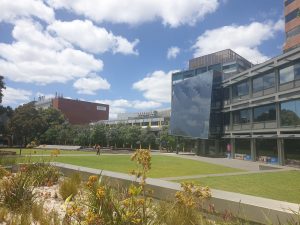
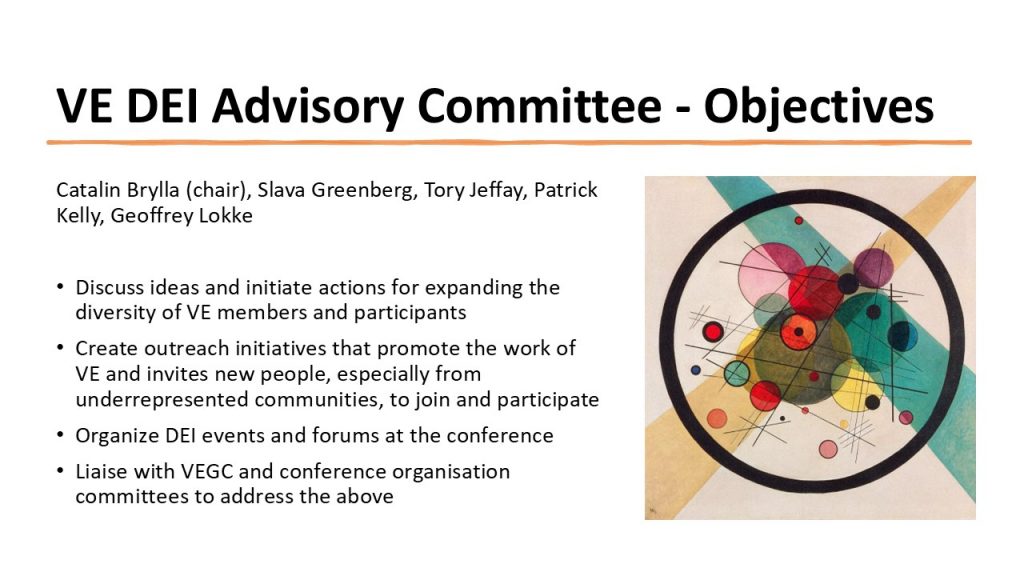
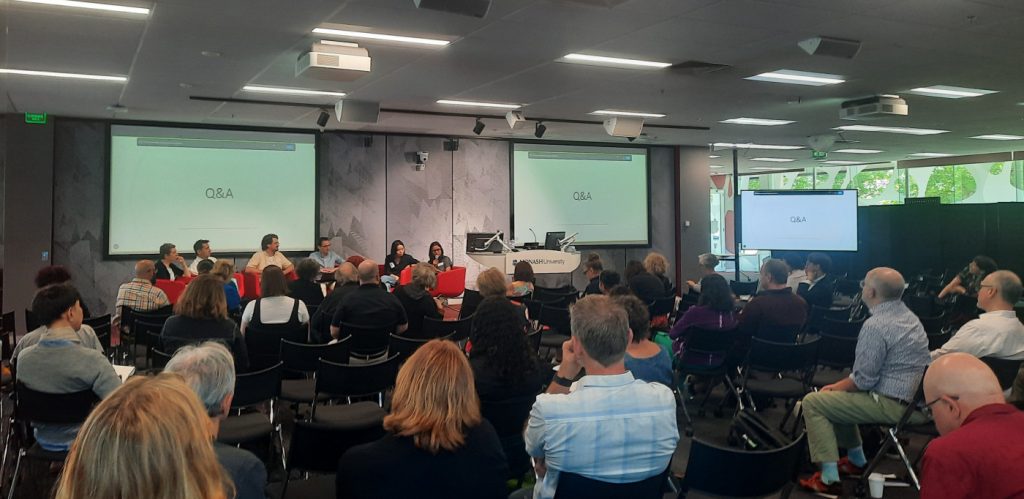
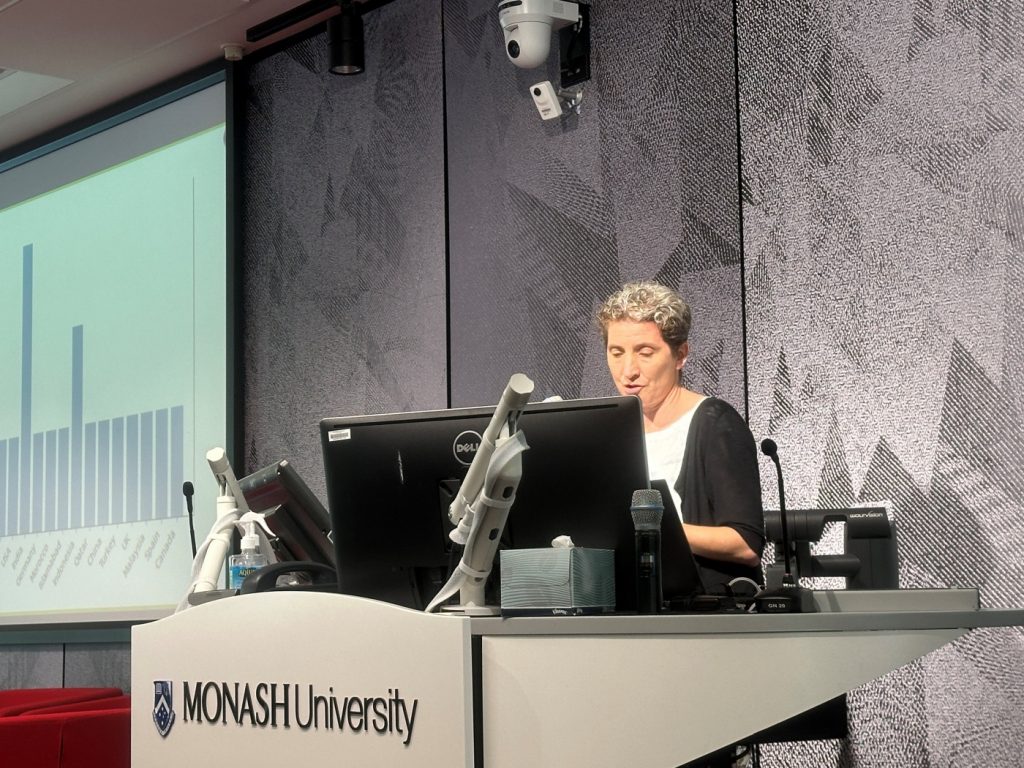











 REF Code of Practice consultation is open!
REF Code of Practice consultation is open! BU Leads AI-Driven Work Package in EU Horizon SUSHEAS Project
BU Leads AI-Driven Work Package in EU Horizon SUSHEAS Project Evidence Synthesis Centre open at Kathmandu University
Evidence Synthesis Centre open at Kathmandu University Expand Your Impact: Collaboration and Networking Workshops for Researchers
Expand Your Impact: Collaboration and Networking Workshops for Researchers ECR Funding Open Call: Research Culture & Community Grant – Apply now
ECR Funding Open Call: Research Culture & Community Grant – Apply now ECR Funding Open Call: Research Culture & Community Grant – Application Deadline Friday 12 December
ECR Funding Open Call: Research Culture & Community Grant – Application Deadline Friday 12 December MSCA Postdoctoral Fellowships 2025 Call
MSCA Postdoctoral Fellowships 2025 Call ERC Advanced Grant 2025 Webinar
ERC Advanced Grant 2025 Webinar Update on UKRO services
Update on UKRO services European research project exploring use of ‘virtual twins’ to better manage metabolic associated fatty liver disease
European research project exploring use of ‘virtual twins’ to better manage metabolic associated fatty liver disease